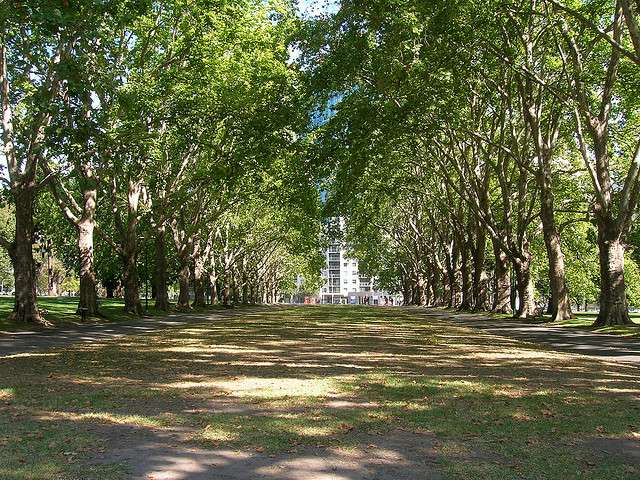Brussels to Plan Free Holidays for European 18-Year-olds
18th birthdays are a big deal no matter what country you're in – that's why the EU might finally be ready to give youth the gift of a lifetime.

It is rare to hear environmental scientists sounding positive about the future. But that's exactly what is happening now with an international group of researchers. Over the past two years, they have been gathering examples of positive initiatives of various kinds from communities around the world—leading them to believe the future will be significantly better and more sustainable.
The researchers pulled out six main overarching themes from the projects that were submitted. They are:
Agroecology – these projects generally adopt social-ecological approaches to enhancing food-producing landscapes. One example is the Satoyama Initiative in Japan where urban residents are working with rural people to revive underused rural lands through farm stays and volunteer work along with offering financial support.
Green Urbanism – these are projects that focus on improving the liveability of urban areas. New York City's Highline Park, where native species have been planted on abandoned railway lines to create urban spaces where art, education and recreation intersect and are accessible to all.
Future Knowledge – these are projects which foster new knowledge and education which can be used to transform societies. One example is Greenmatter, a program in South Africa to provide graduate-level skills for biodiversity conservation.
Urban Transformation – these projects work to create new types of social-ecological interactions around urban space. One example is the Sukhomajri village in the Himalaya's where the community became well-known in the 1980s for coming together to stop Sukhna Lake from silting up as well as for harvesting rainwater, and in the process transforming their village.
Fair Futures – these projects aim to create opportunities for more equitable decision making. One example is City of the Future Lüneburg 2030+ – a project that aims to envision the future city of Lüneburg, Germany in a way that it turns into more sustainable, livable and fair place. The project has been jointly developed by the sustainability oriented University of Leuphana, the local government of the Hanseatic City of Lüneburg, local NGOs and business as well as citizens.
Sustainable Futures – these are social movements to build more just and sustainable futures. One example is the US based Farm Hack project that was founded in 2010 by farmers and organizers who use the internet to share new ideas about food production and innovative tools to increase the resilience of sustainable agriculture and rural economies. One example is a bicycle powered root washer.
"I'm excited about this project because it represents a big shift for environmental scientists to start looking at things positively," says Elena Bennett, who teaches at McGill's School of the Environment and is the lead author on a paper on the subject published today. "As scientists, we tend to be very focussed on all the problems, so to look at examples of the sustainable solutions that people are coming up with – and to move towards asking, ‘what do the solutions have in common' is a big change."
Bennett adds, "This is also a move away from the typical academic perspective of looking at things in a top-down way, where we the scientists determine all the definitions. We have encouraged people who are involved in the projects to define what makes a project ‘good', partly because we didn't want to be driven only by our Northern European or North American sensibilities. We wanted to see a variety of ideas about what people want from the future."
The researchers invite those involved with sustainability projects to go to the Seeds of a Good Anthropocene website and contribute to the database of positive change.
(Source: McGill University)
Keep Things Green: Click To Share – Photo by DoNotLick, CC
Be the first to comment